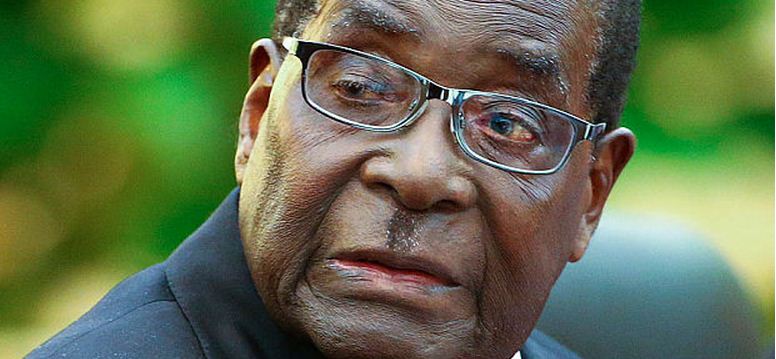
The year 2014 is screeching to halt, but not with the country’s party political crises that are apparently worsening.
NewsDay Editorial
This means the political scene will be more worrying in the coming year than in the dying one.
The political crisis in the ruling Zanu PF party did not end with the congress at the beginning of this month. Instead, it became more complicated and signs are it is worsening.
The purges that shook the party were hoped to end factionalism and drive Zanu PF as a compact whole to better govern the country and also manage the succession of its nonagenarian leader, Robert Mugabe.
But this misconception was based on the false belief that the two clearly defined factions were each a homogenous whole. Yet it emerges with the nascent fights in the “victorious” faction that nothing could be further from the truth.
The so-called Mujuru faction, named for the battered and torn former Vice-President Joice Mujuru, continues to be decimated, with its major players providing cannon fodder for the rapacious State-inclined public Press.
The opposite faction led by the new VP and acting president Emmerson Mnangagwa is not being spared either.
- Chamisa under fire over US$120K donation
- Mavhunga puts DeMbare into Chibuku quarterfinals
- Pension funds bet on Cabora Bassa oilfields
- Councils defy govt fire tender directive
Keep Reading
Reports in the official The Herald and The Sunday Mail show that the war against Mnangagwa is gathering speed. The reports’ thrust is that the acting president is creating a centre of power ready to challenge the incumbent supreme leader.
This is considered taboo in Zanu PF and is the reason cited for the humiliation of Mujuru. It is clear that Mnangagwa may face the same fate.
It’s also not helpful that those who intend to gain favour from him have not been guarded in their praise-singing, a sign that Mnangagwa may be becoming too powerful.
It is also becoming increasingly clear that the major centre of power is probably ensconced at Herald House, even much more than at State House (read Mazowe Valley). It is not clear whether the people driving Herald House are also driving the agenda emanating from Mazowe. Time will tell.
There is no joy either in opposition ranks. It is difficult to imagine how the opposition can even begin to pick itself up and set a new agenda.
So far, it is driven only by tired mantras centring around removing Mugabe and Zanu PF, when it is clear the majority of the people have moved away from this and are focusing solely on their day-to-day survival both at individual and at community level.
This means political leadership is likely to come from the communities rather than from the air-conditioned offices in the country’s urban centres.
The fights in Zanu PF, in MDC-T and those in MDC fragments have demonstrated one fundamental fact, namely that the democratisation agenda is off the rails and that portends ill for Zimbabwe.











